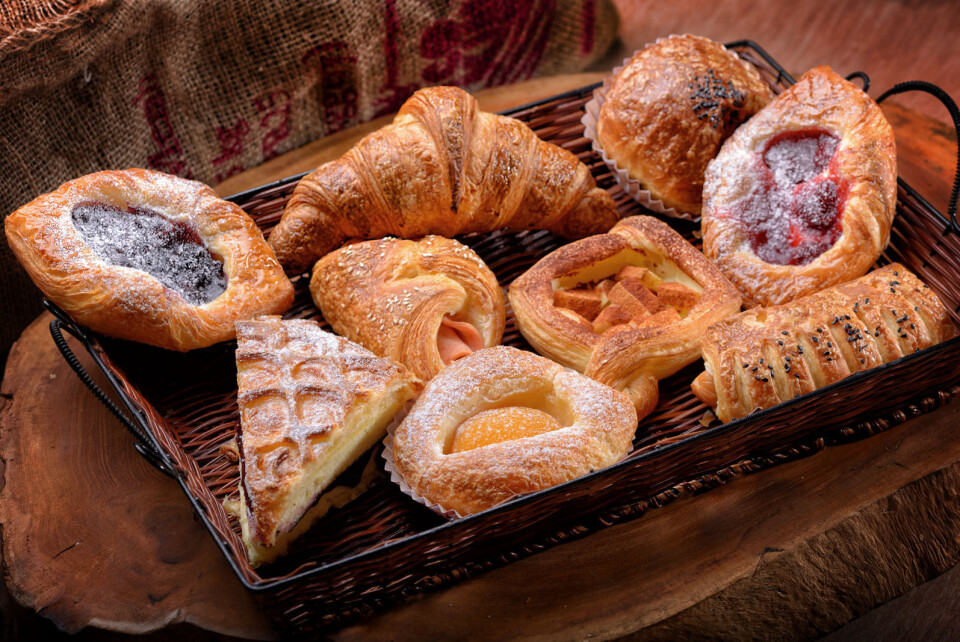-
Veggie burgers and plant-based sausages: French farmers and consumers react to name ruling delay
The EU failed to reach final agreement to draft rules governing plant-based naming
-
Winegrowers outraged by €0.01 bottle of wine in French supermarket
Lidl claims labelling error but local farmers’ union says it threatens local production
-
Travellers returning to UK from France warned over taking sandwiches, dairy, and meat
Restrictions on food imports from earlier this year continue
The Austrian who transformed 'le petit déj' French breakfasts
Find out why croissants and other delicious French pastries owe an historic debt to the Austrian August Zang, born in 1807

Next time you amble down to your local boulangerie and treat yourself to a Sunday croissant or other yummy viennoiserie (in the Vienna style) you have – in no small way – the dapper chap pictured above to thank for the baked pastry goodies on display.
August Zang, born in 1807, lived quite the life. The son of a surgeon, he served in the Austrian army before making his way to Paris, where he founded – despite having no ostensible baking experience – his first bakery at 92, rue de Richelieu: Boulangerie Viennoise.
Breads or pastries in the shape of a crescent moon are thought to have been offered up to the goddess of the moon in ancient times, and it was Zang’s version (cooked in a steam oven) of the traditional cresent-shaped Austrian bread roll – the kipfel – that made his name and got eager Parisians hooked. The fancy shop interior was also an innovation – both this and Zang’s methods were copied widely and within a couple of decades the new croissant became a French breakfast staple. [The term viennoiserie was not employed until the 20th century.]
Zang returned to his homeland in 1848, and forged a remarkable career as a press magnate, banker and mine owner, founding Die Presse – a daily German- language broadsheet still printed today. Cheap, and fuelled by advertising, it was a huge hit. When he died in 1888, aged 80, the newspaper barely mentioned his baking exploits – presumably because it denigrated his latterly lofty, super-wealthy status.
Today, in every region of France you can track down the makers of a prize-winning ‘meilleur croissant’ – but all of them owe an historic debt to the Austrian.
























